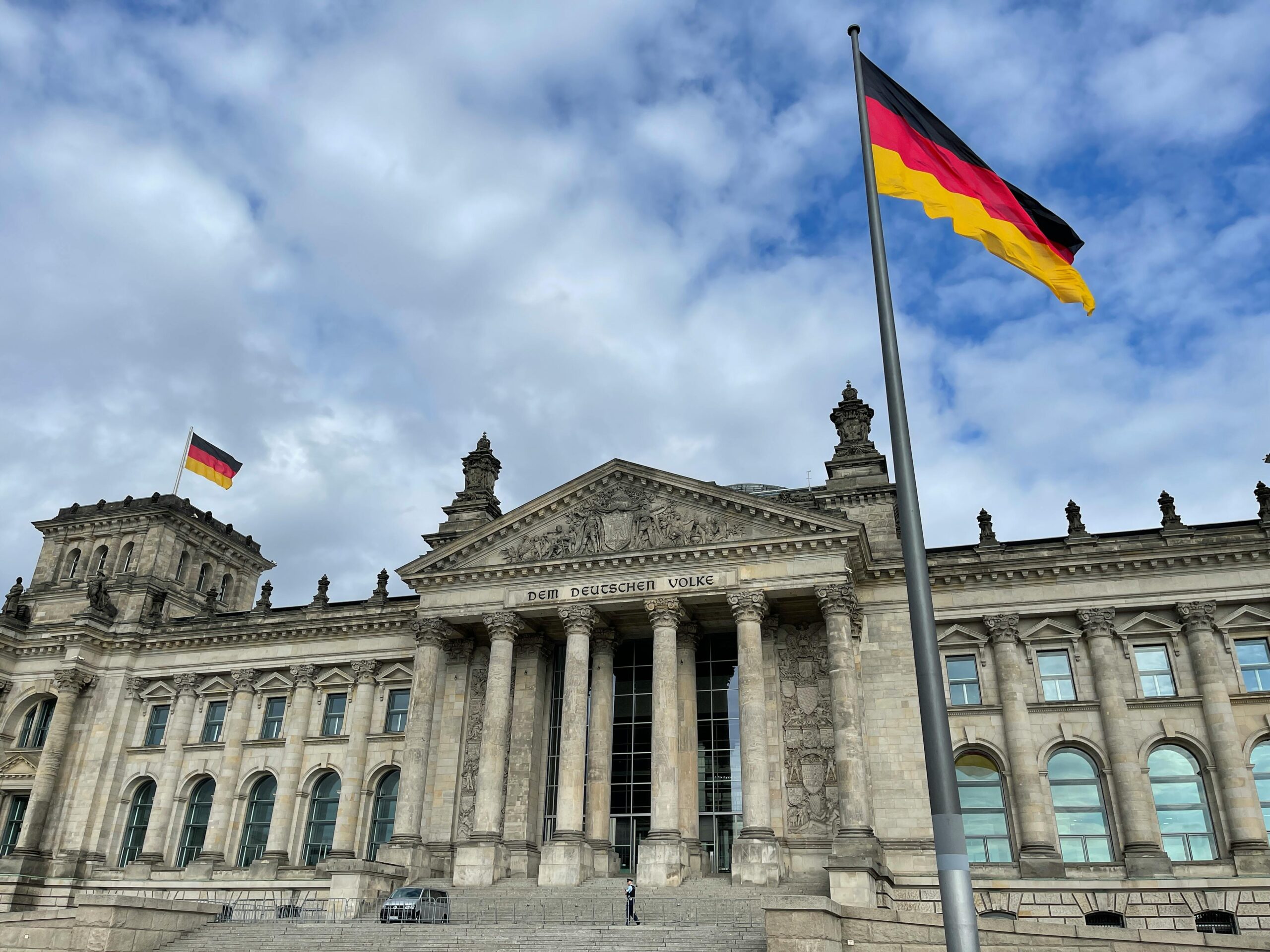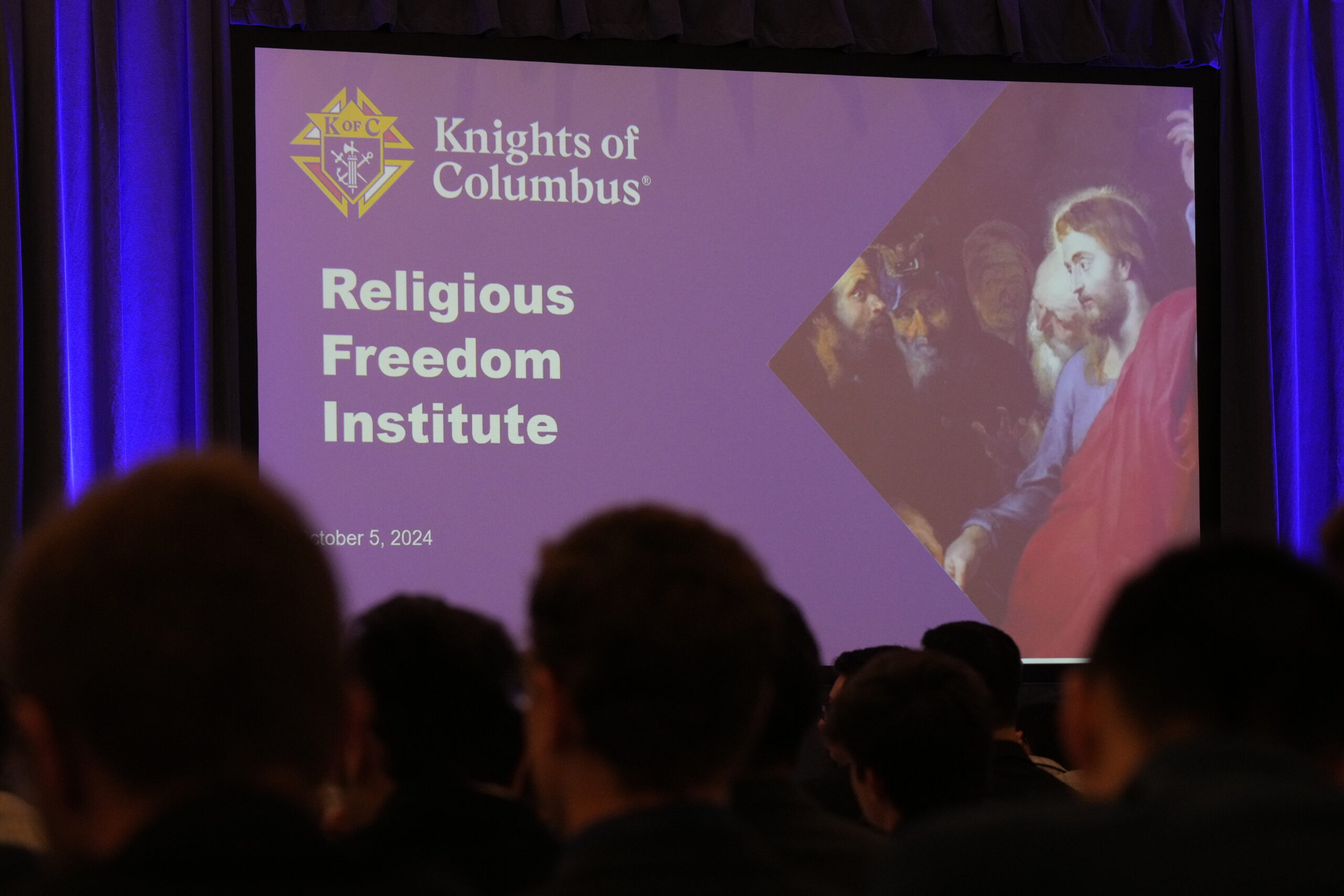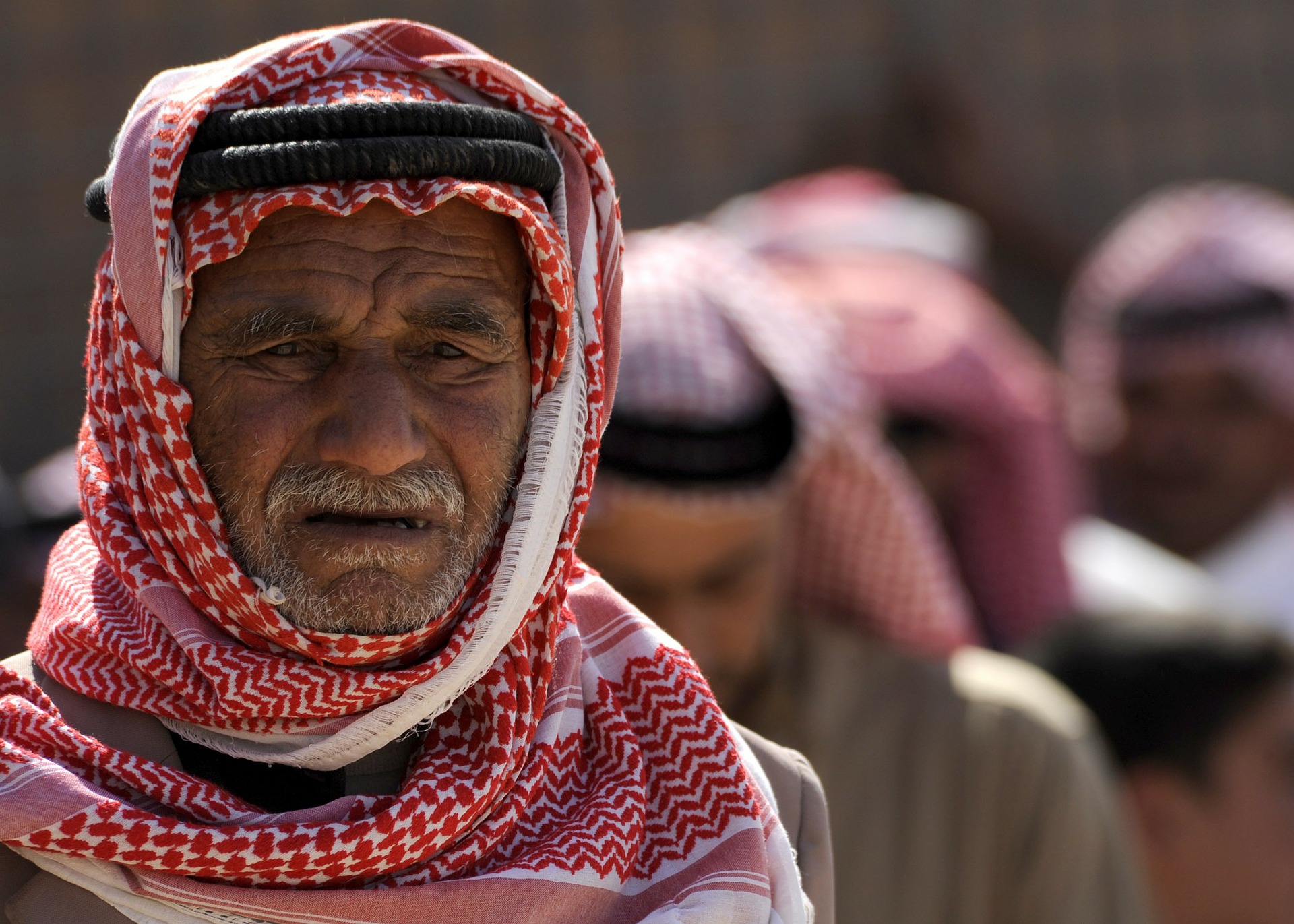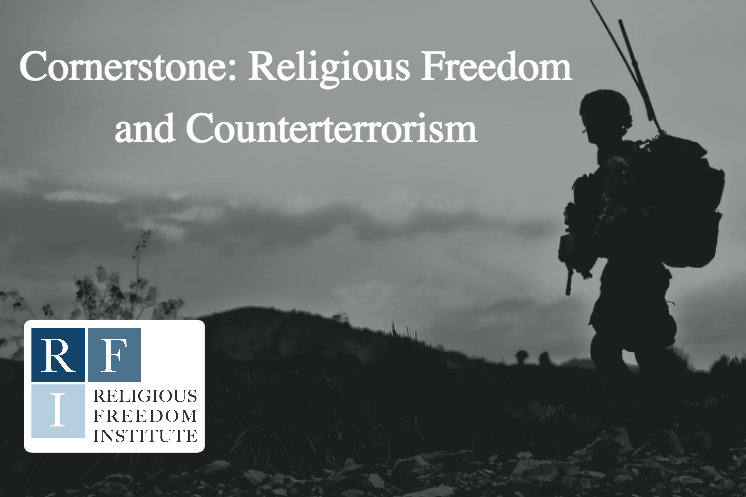Over the long haul, nothing is more essential to ensuring the safety and security Iraq’s people, and securing the kind of pluralism that can make Iraq stable, than promoting religious freedom for its non-Muslim religious minorities, and for Iraqi Muslims.
Military victory over ISIS was a vital first step in creating the physical conditions necessary for stability. The victory has also created a pivotal moment for American diplomacy to strengthen civil society and foster the conditions for long-term freedom and security.
Why is this a pivotal moment? Not only has ISIS been removed as a military force, but the evidence indicates that its defeat in Iraq and Syria was in part also ideological.
At ForeignAffairs.com, former Acting Director of National Intelligence Michael Dempsey examines the revised informational tactics ISIS is now using. He notes that in defeat ISIS’s messaging has shifted away from emphasizing the supposed “historical significance of the physical caliphate and … religious obligation of Muslims to support it.”
ISIS’s messaging now focuses almost exclusively on terrorist violence. According to Dempsey, ISIS’s propaganda machine is “crippled … and the group is now less focused on recruiting followers for a new life in Iraq and Syria than it is on lashing out at perceived enemies.” If this is true, it provides reason for continuing concern. As Osama Bin Laden’s “defensive jihad” amply demonstrated, terrorist attacks alone can serve as a compelling ideology to extremists.
But the devolution of ISIS’s messaging also provides an opportunity in Iraq, where, at least for the time being, the hoped-for caliphate, an “Islamist” state, has been shattered.
This is an ideal moment to carry out in Iraq the bipartisan International Religious Freedom Act’s mandate that U.S. foreign policy emphasize religious freedom. This RFI Cornerstone series on “Religious Freedom and Counterterrorism” explains how the United States can do this, and why it must in order to protect American national security.
In our series, Sahar Aziz argues that authoritarian regimes foment extremism and terrorism by suppressing religious freedom and other fundamental human rights. Aziz writes that “repressive political environments in Muslim majority countries leave room only for the extremes in religious discourse—terrorist groups and government surrogates.” By contrast, true religious freedom would provide opportunities for moderate voices to undermine the extremist message and gain hundreds of thousands of followers.
RFI senior scholar Nilay Saiya summarizes his own research showing why, when a regime’s counterterrorism policies discriminate against entire religious groups, it actually undermines the regime’s ability to combat terrorism. In short, oppressive and discriminatory policies lead to violent extremism.
Kamran Bokhari suggests freedom of speech is a necessary precondition for religious freedom, while Peter Henne assesses both benefits and challenges that religious freedom can present to some nations’ counterterrorism efforts.
In short, as ISIS retreats as a military force, the United States and its allies have an opportunity to help Iraq secure the conditions for stability peace and freedom. We cannot afford to stand by as Iraq descends again into a chaotic and unstable regime that could require U.S. military engagement in Iraq yet again. Military force, though critical, will never be enough. Now is the time to make the return of ISIS even more unlikely.
THE RFI BLOG

RFI Conference Confronts Intolerance of Traditional Religious Faith in the West

RFI’s Miles Windsor Appointed to Serve as Strategic Advisor to Czech Republic’s Freedom of Religion or Belief Ambassador

RFI Joins Religious Freedom Experts to Warn of Growing Intolerance Towards Traditional Religious Beliefs in the West

RFI Leaders Speak at Annual Knights of Columbus College Councils Conference

Will Prabowo’s Election End Indonesia’s Era Reformasi?
CORNERSTONE FORUM

Challenges to Religious Freedom in Iraq and the Critical Need for Action

Public Bioethics & the Failure of Expressive Individualism

Religious Liberty in American Higher Education

Scotland’s Kate Forbes and the March of Secularism



